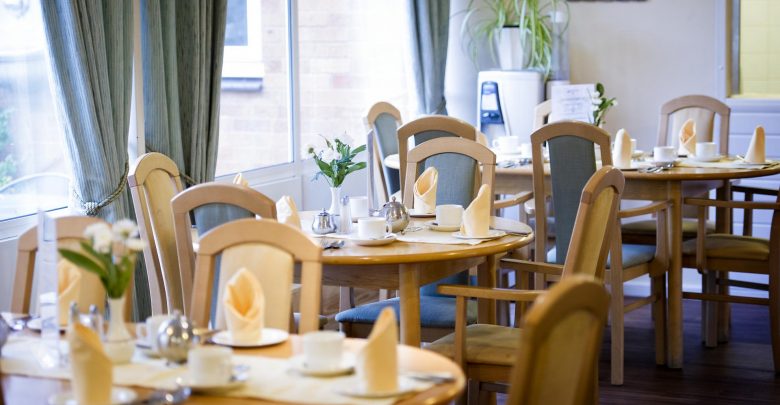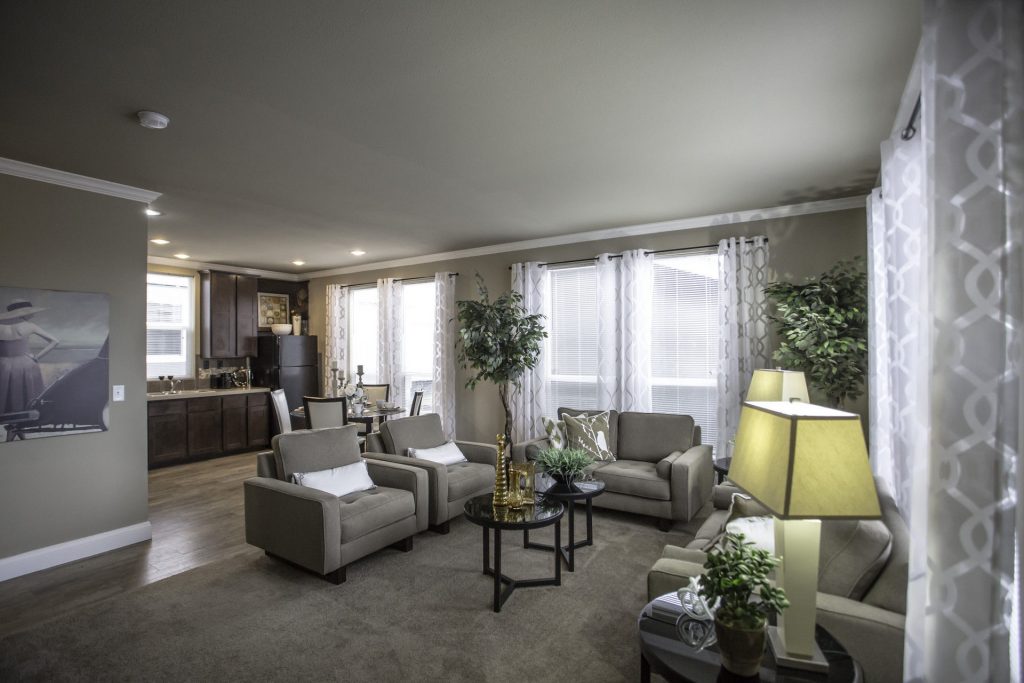Home
Putting a Price on Your Home

Placing a price on your home can take a lot of work. There are many things that you need to take into account to be able to place an accurate appraisal on your house.
- Where is your home located? This is a prime concern. What has happened to the area surrounding your home? If a crime has gone up in the area or if a business has left then the value of your home could be substantially less than it was when you purchased it. On the other hand, if there has been a drastic decrease in crime and the area is booming, then the value of your house could have risen considerably. Moreover, the weather of that location will also affect the value of your house. For instance, you for humid weather conditions doing mold testing before you get a price on your dream house.

- This is sometimes determined by the age of your house. But take a look around the neighborhood. If all of the other houses in the neighborhood look better than yours, then chances are no one is going to be interested in buying your house. You may want to do some fix-up. See what needs to be done. Is the new carpeting needed? Does the house need to be re-sided or re-painted? How about the gutters and downspouts? Do they need work? Perhaps redoing the gardens or doing some landscaping might help. There are many things that can be done to increase the value of the house.
- Try and step into the buyer’s shoes and see what he is looking at. The buyer is going to look at your home from the perspective of what they can do to make it their home. They will want certain things that you are not interested in. So try and see it from an objective point of view. So when pricing your house don’t think in a sentimental way. The buyer doesn’t really care what the house means to you.
- Have several real estate agents take a look at your home and give you a price. Ask them to show you the prices of comparable homes recently sold in addition to ones that were on the market but were not sold. This will enable you to do some comparisons.
- Call an agent and say that you are looking for a home in the same area where you now live. Check on the prices that they are offering. Make a checklist and keep track of what the houses offer compared to yours. Once you have looked at a few, you can then do a good comparison with your own home. You can also just walk around your neighborhood and look at other houses that are for sale. You can still get a general idea in this way.
- Exclude all personal property from the sale price. Things like washers, dryers, furniture, etc. should all be excluded. If you don’t want to take these items with you, offer them as separate




